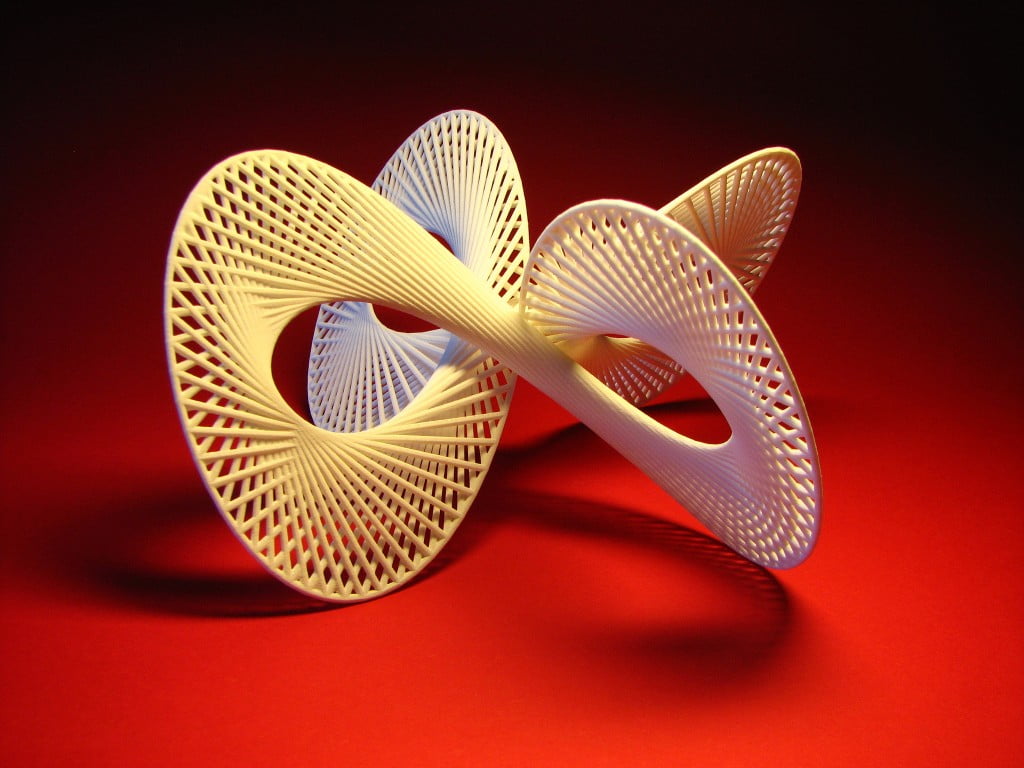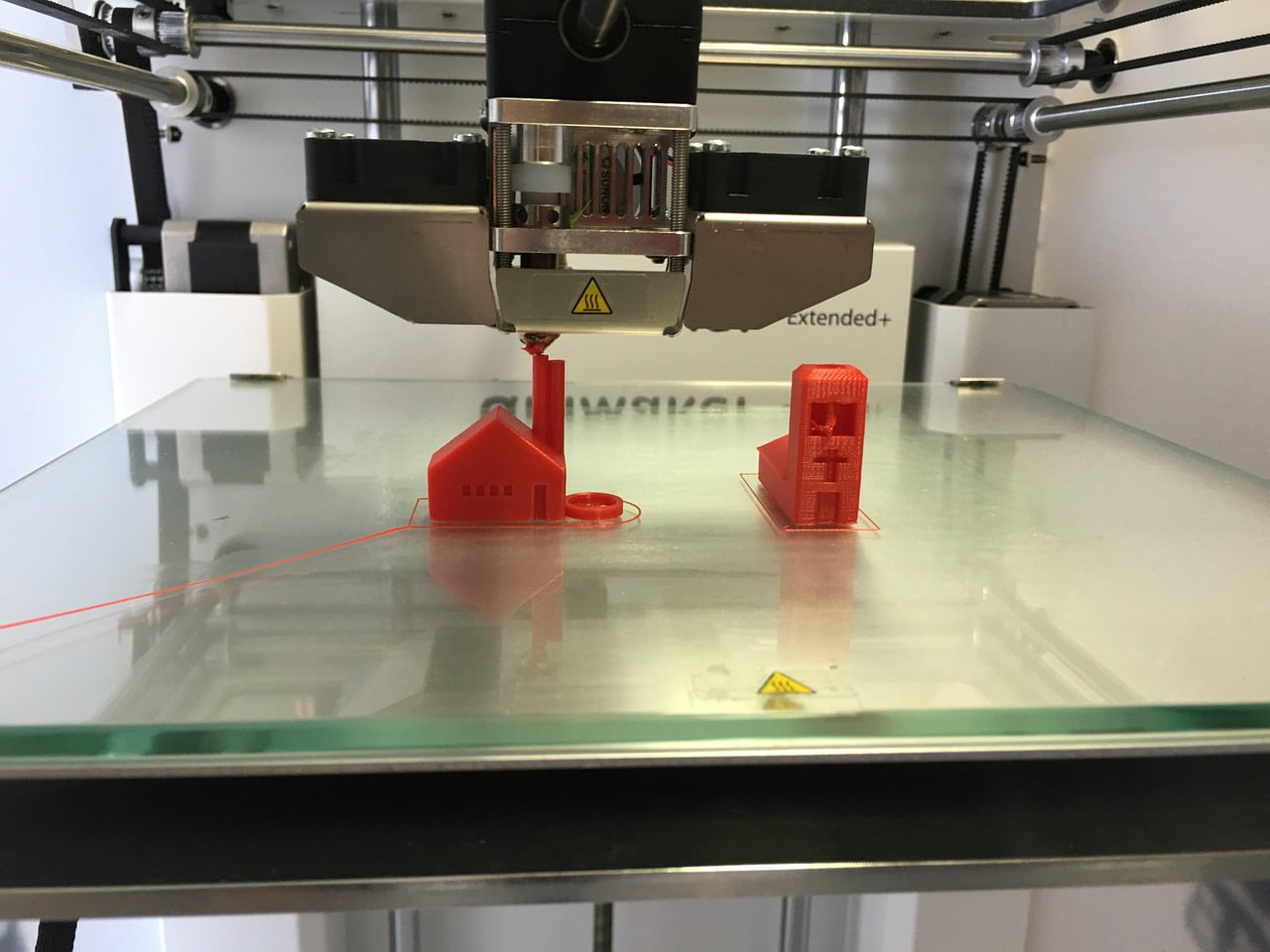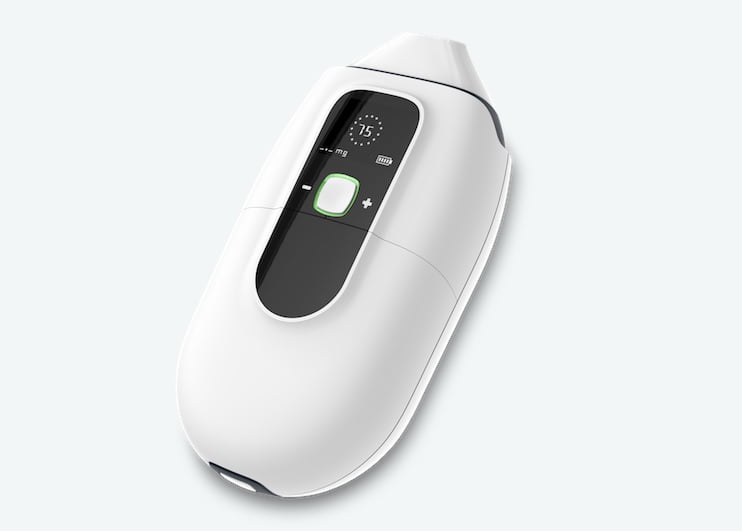The future has arrived. The ability to create a three-dimensional object using a simple printer is a reality in today’s world.
Merely three decades after 3D printing was invented, Israel is already the manufacturer of roughly 40 percent of all 3D printers worldwide, Ziv Sadeh, VP sales at Israeli 3D printing company Su-Pad, tells NoCamels.
The prices of these printers vary depending on their intended use and the quality, but many of them can now be purchased by anyone for use at home. While a consumer 3D printer costs a few hundred dollars, a professional printer – up to $1 million. But beyond their prices, the applications of 3D printing are very broad, used today to create anything from objects like toys and clothes, to sophisticated medical equipment.
The process of 3D printing is relatively straightforward. A digital file of the desired item is created and stored on a computer, which is then sent to the 3D printer for printing. However, creating the file from scratch is very technical and can currently only be done by trained programmers. According to Sadeh, as 3D printers proliferate in the market, children will be taught how to do this programming on their own. But that’s a while away.
3D printing “live” organs?
In the meantime, physicians are already using these printers to create anatomy mock-ups, so they can get the clearest view possible and know exactly where to cut once in surgery. They also use them to create medical devices that can match the exact need of any patient at a fraction of the price in a fraction of the time.
Medical professionals are even looking for ways to create live tissue on 3D printers, which could one day, hopefully, eradicate the need for donors.
SEE ALSO: Israeli Startup Nano Dimension 3D Prints Human Stem Cells
Human stem cells are already being 3D-printed in Israel by Nano Dimension. Founded in 2012, the startup has created a worldwide name for itself. In addition to manufacturing PCB’s (printed circuit boards) which connect electronic devices through conductive tracks, Nano Dimension’s breakthrough has been to discover how to print stem cells at high resolutions and high volumes.
Another Israeli company, Syqe Medical, is using 3D printing for medical marijuana purposes. Its Syqe Inhaler is a 3D-printed device used to inhale medical cannabis. In addition to being healthier for your lungs, the Syqe Inhaler can distribute the dosage of medical marijuana with a higher accuracy than a standard medical marijuana cigarette, according to the company. Marijuana cigarettes make it difficult for doctors to accurately measure how much marijuana to distribute.
SEE ALSO: World’s First Precision Medical Marijuana Inhaler Hopes To Remove Stigma Of Smoking The Green Stuff
Sign up for our free weekly newsletter
SubscribeThe Inhaler is also said to eliminate the feeling of a “high” for patients, which some don’t like, while still relaxing the patient and relieving their pain. Last year, Israel’s Teva Pharmaceutical Industries – one of the largest drug companies in the world – signed a distribution and cooperation agreement with Tel Aviv-based Syqe Medical to market medical cannabis in an inhaler.
Another strong evidence attesting to Israel’s strength in 3D printing is the acquisition of Simbionix by the company 3D Systems for $120 million in 2014. Simbionix is considered a leader in 3D virtual reality surgical simulation and training. Just last year, the company presented its cutting-edge software for printing anatomical models that enables doctors to plan and practice in advance of complicated surgery. Using this innovative technology, the doctor can 3D print the organ or limb on which they are about to perform a surgical procedure on, and study it while holding it.
Not only plastic objects
Israeli 3D-printing pioneer Objet, which was founded some 20 years ago, is considered to be Israel’s first major 3D-printing company. In 2012, Objet merged with American printing giant Stratasys, making it one of the largest and most profitable 3D printing companies in the world. The current CEO of Stratasys is Israeli Ilan Levin, who previously served as the president of Objet.
SEE ALSO: Israeli 3D Printer Company Objet Merges With American Stratasys
Stratasys, which has headquarters in the US and in Israel, creates 3D printers ranging in price from $10,000-$400,000; some of these are used by large corporations to create prototypes of their products.
But while most 3D printers use plastic, Israeli startup XJet, founded in 2008, is a pioneer in 3D printing using liquid metal, making the resulting product stronger and more durable.
These and other 3D-printing technologies developed in Israel prove the country is set to become a 3D-printing powerhouse in the years to come.
Photos and videos: Courtesy of the companies
Related posts

Editors’ & Readers’ Choice: 10 Favorite NoCamels Articles

Forward Facing: What Does The Future Hold For Israeli High-Tech?

Impact Innovation: Israeli Startups That Could Shape Our Future






Facebook comments